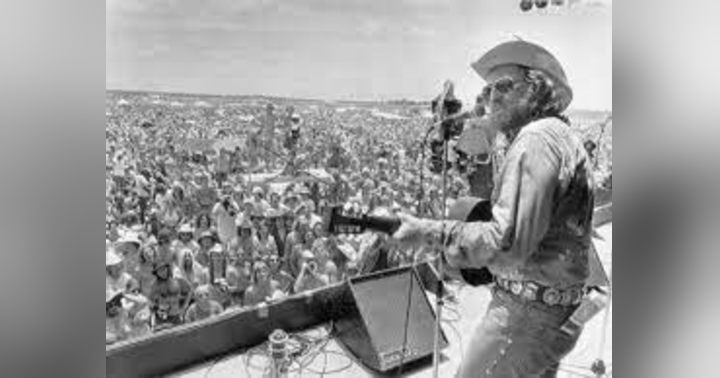History
Lets look at the uses and nature of history again, as we briefly did in the very first Texas History Lesson.
- History is a good source of personal and social identity.
- History can help us understand the problems we face today. We need to understand an issues relevant historical background in order to make balanced an informed decisions.
- An understanding of history is useful against other peoples misleading uses of historical explanations or analogies to prove a point.
- History can help create tolerance, open-mindedness and tolerance. This is definitely an important point to keep in mind when looking at sensitive issues. like this one.
- History improves our ability to understand human behavior and conditions.
- History also provides the basic background for other disciplines, like political science and sociology.
- History can help you learn critical skills like “thinking” and “communicating.” I had a professor say that to a class once. He laughed at us and said, in effect, “I’m not here to help you learn facts. Any dolt can look up a fact. I’m here to teach you how to think.” To question, weigh the evidence, judge the merit of a source, and much more.
- History is entertaining!
- And, my favorite that got me into the study of history --“History Is Adventure!!!”
I’d also like to note that there are four stages of Historical Consciousness.
- History as fact. This is the most basic level. We learn dates and events and names and battles and wars and that is pretty much that. This is the history that many people remember from school and that drove them away from looking deeper into the stories of the past.
- History as Causal Sequence, meaning you start to see the cause and effect relationship between different facts in stage 1.
- History as Complexity. Human affairs today are very complex. Many factors can result in a specific event that happens to you tomorrow. The past is no different. Many, multiple causations played a roll in the history of our world, nation, and state. This is where the historians own identity actually shows up. To quote from The Methods and Skills of History, the basis of much of this section, “Historians tell different stories depending on their interests and points of view.” This is important to know and it is why I made my full disclosure at the beginning.
- History as Interpretation. By looking at the facts, the causal sequences, the multiple causations that lead to complexity and the roll of the historians interests and points of view, much of history is an effort to interpret the past, to make it understandable and relatable and useful for the uses. There is a lot of ambiguity in the past and there have been efforts to force an interpretation to cover up mistakes and wrongdoing.
As an aside, for a lot more on these points, check out Conal Furay and Michael Salevouris’ The Methods and Skills of History and R,J. Shafer’s A Guide to Historical Method.



